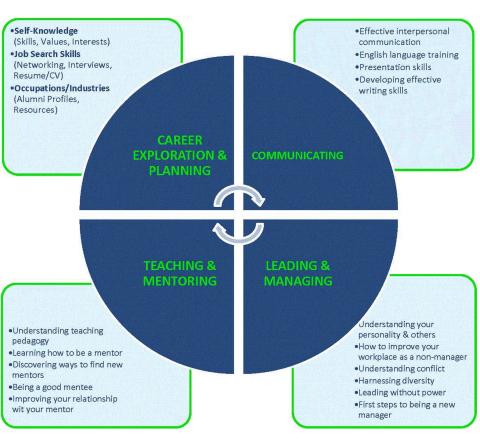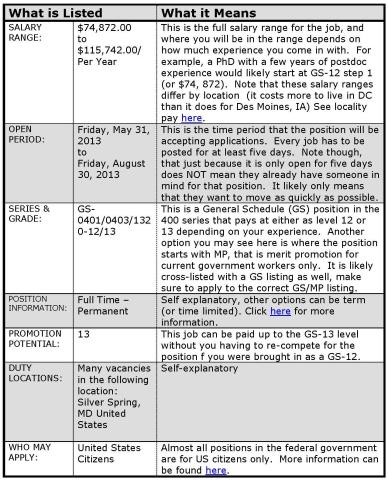It is highly likely you have or will have a Skype interview at some point in your job search. Budget cuts are making travel arrangements for in-person interviews prohibitive, so more and more employers are conducting initial interviews via Skype or another online video service.
Employers also feel that Skype helps them get a better feel for a candidate than a phone interview allows. Here are some tips to take your next Skype interview from awkward to awesome:









